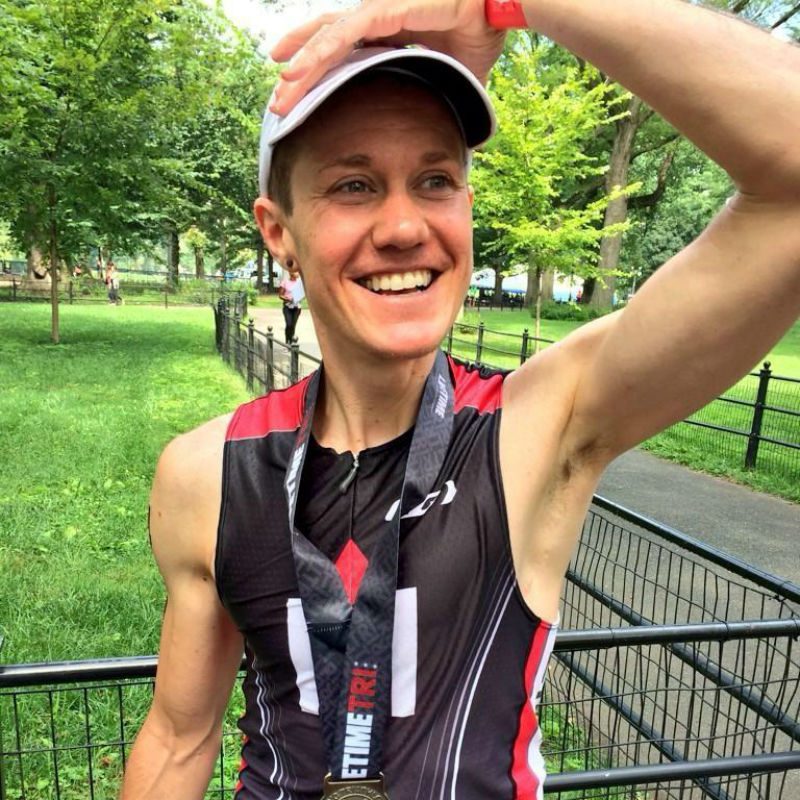Why the International Olympic Committee decided to change its guidelines regarding transgender athletes.
In a positive move that has flown somewhat under the mainstream media radar, the International Olympic Committee (IOC) quietly changed its guidelines two weeks ago, stipulating that transgender athletes should be able to compete in the Olympics without having to undergo sex reassignment surgery.
Uh, that’s kind of a big deal, right?
The IOC told the Associated Press that the guidelines were changed in order to adapt to the ever-evolving social, scientific and legal attitude toward transgender issues and concerns.
Previously, the IOC’s policy on transgender athletes stated that all transgender athletes who transitioned—male to female or female to male—were required to have reassignment surgery followed by at least two years of hormone therapy in order to be eligible to compete.
Under the new guidelines, a male transitioning to female must undergo hormone therapy but will only be required to demonstrate that the total level of male testosterone in the athlete’s blood has been below a certain level for at least a year prior to competing.
These subtle yet important changes in the guidelines reflect that the IOC is willing to take LGBT concerns seriously. They were also willing to listen to concerns from transgender athletes themselves, specifically Chris Mosier—an American triathlete and dualathlete who was courageous enough to lead the fight in challenging the IOC.
Mosier identifies as a transgender male. Admittedly, he has not had sex reassignment surgery and knew that, under the previous guidelines, he would not be able to compete even though he qualified for the World Championships last June. As the first transgender athlete to make the U.S. National Team, Mosier didn’t want to waste a once-in-a-life time opportunity due to a rule that was unfair and discriminatory.
“Medical experts have said that this is unnecessary, that anatomical changes have no impact on sport performance,” Mosier told the New York Times. “I think that we’ve been working toward this change and it really just took having an athlete and a name and a face to put to a story to see how this impacts people.”
Since the duathlon isn’t an Olympic sport, Mosier won’t be competing in the Olympics regardless. But he’s hopeful for future transgender athletes who do. Right now, he’s concentrating on getting to compete in the World Championships. The International Triathlon Union (ITU), and not the IOC, hosts the Worlds. But they do follow IOC policies. So there’s hope that they too will restructure their guidelines accordingly.
If not, Mosier is undeterred. He’s ready to go to court. He’s ready to ride this thing all the way to the finish line—not just for himself but also for transgender athletes all over the world.
In the meantime, we patiently wait and continue to watch the world evolve. Someday, there will be a transgender Olympic champion. It’s only a matter of time.
